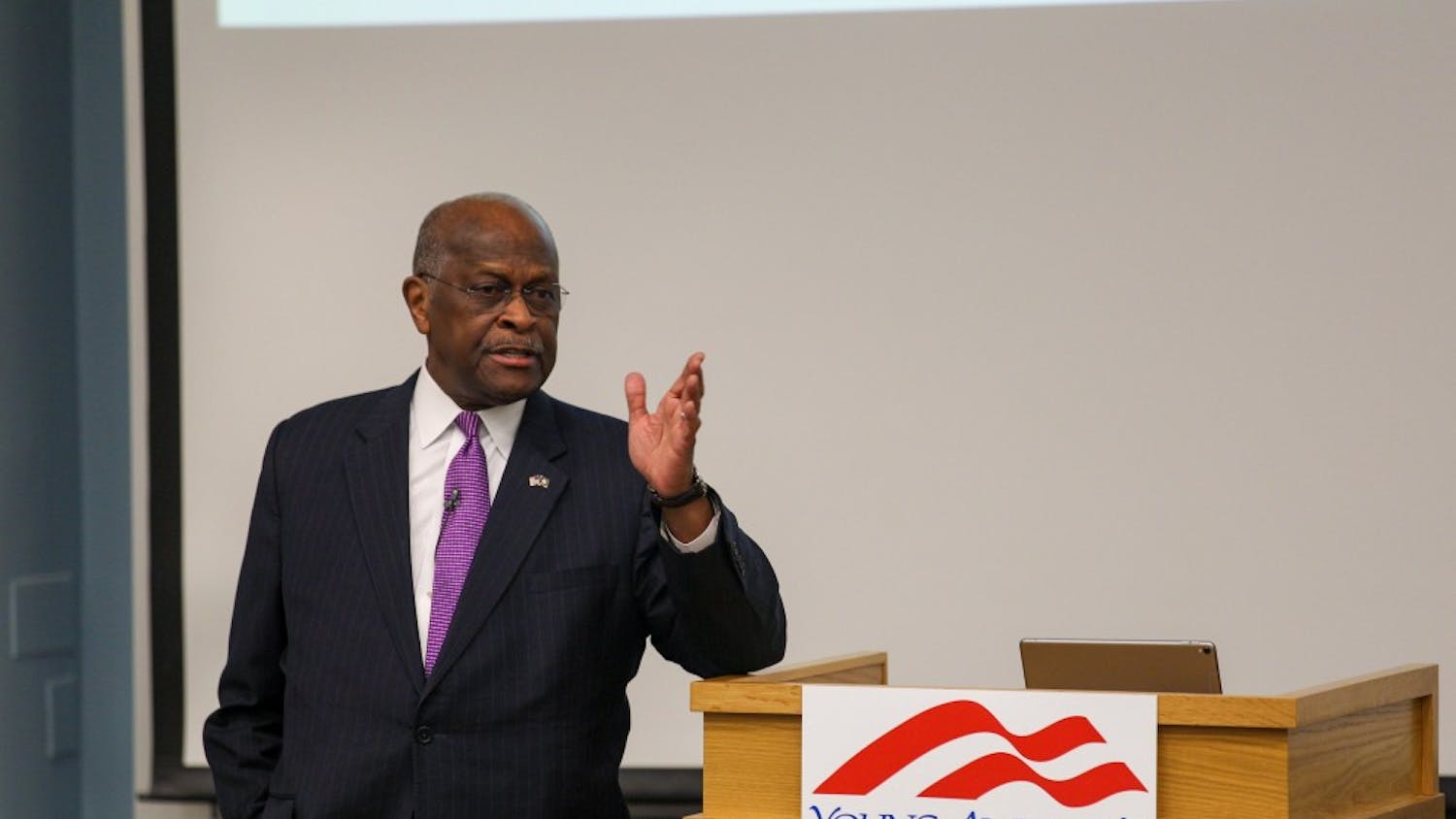The Democratic left has been punching well above its weight recently. Its ideas have dominated the primary season — of the candidates currently averaging over 10 percent in Democratic primary polling, only Joe Biden is associated with the moderate wing of the party (though he, to be fair, maintains a sizeable lead over his rivals).
Talk to students on this predominantly Democratic campus and you’ll hear a common refrain: People admire the unabashed idealism of politicians like Bernie Sanders (D-VT) and Alexandria Ocasio-Cortez (D-NY). Still, they believe that moderates have a better chance of winning, even if they aren’t as ideologically pure. That idea — that moderate liberalism is some diluted version of the “pure” progressive ideology — has gained traction. Ocasio-Cortez, in a speech at South by Southwest, proclaimed, “Moderate is not a stance. It’s just an attitude towards life of, like, ‘meh.’”
I, for one, disagree. I am one of those old-fashioned mainstream Democrats. And I don’t accept the idea that, simply because the “moderate” liberal position often proves more politically tenable, it is by any means a compromised set of values. It is its own coherent ideology, one that I believe is the most effective path to equal rights and equal freedoms for all.
The liberal ideology shares many priorities with the left — both urge action on critical issues like racial inequality, gender discrimination, unjust treatment of immigrants and environmental degradation. But the left does not have a monopoly on solutions. Taking a more moderate path to solving these problems does not imply apathy, nor does it mean selling out on values in the name of pragmatism. It’s simply a different ideology.
Consider democratic socialism. Bernie Sanders brought the concept into the mainstream, and now the idea of socialism has gained credence on the left. Of course, no prominent American politicians advocate true socialism, which involves nationalization of industry and repression of the free market. Instead, they push for a strong social-democratic state, with higher taxes on the wealthy and higher levels of social services. According to advocates, this sort of economic policy will benefit the disadvantaged.
I, along with the large majority of elected Democrats, choose not to espouse democratic socialism. Granted, I think the idea is politically toxic. But that’s not why I oppose it.
Simply put, democratic socialism is bad policy. It’s both hugely expensive and detrimental to the market engine of the U.S. economy, threatening the very people it supposedly benefits. I’ll listen to the economists: In a poll by the University of Chicago’s Booth School of Business, not a single economist surveyed supported modern monetary policy, the theory championed by Ocasio-Cortez that deficit spending can sustainably grow forever, provided that a country’s debt is denominated in its own currency. Similarly, economists remained divided about the benefits of a $15 minimum wage — a favorite progressive talking point — for low-income workers. Questioning these sorts of policies is not a concession to the right wing. It comes from genuine concern about the policies’ effectiveness. As I see it, democratic-socialist policies like extreme deficit spending and a $15 minimum wage are ineffective ways to help the most disadvantaged. The far left brings an admirable passion for change, but many of their policies simply don’t deliver it.
Drawing off of liberal ideology, I might propose a more cautious spending policy or support a smaller minimum wage hike. The concern — ensuring equal opportunity for the disadvantaged — remains the same. But the means differ. That fact doesn’t make moderate liberalism a half-baked version of progressive ideals. It is its own ideology, and it can stand on its own.
Ultimately, it is the moderate liberal ideal that promises progress. It puts forward the profoundly radical idea that people are fundamentally equal and fundamentally free. Wherever it sees that freedom impeded, whether by discrimination, economic deprivation or other circumstances beyond one’s control, it moves to eliminate it. And yes, that means taking a pragmatic approach to policymaking. That pragmatism often leads to different solutions than the far left’s, but those policies are what I believe to further the cause of freedom and equality. Moderate liberalism does not oppose far-left policies out of fear or conservatism, as the right wing might — it opposes them because it does not see them as effective.
Moderate, mainstream liberals believe in progress every bit as much as those on the left wing do. Their approach may look different, and they might not style themselves as radicals, but their conviction is no less authentic and their ideas no less coherent. And critically, at least as I see it, their policies stand a much better chance of promoting true freedom and equality.
The Democratic party’s mainstream doesn’t always bring the same fiery rhetoric as those on the left. But when it comes to the issues, the moderate liberal vision looks far more compelling.


